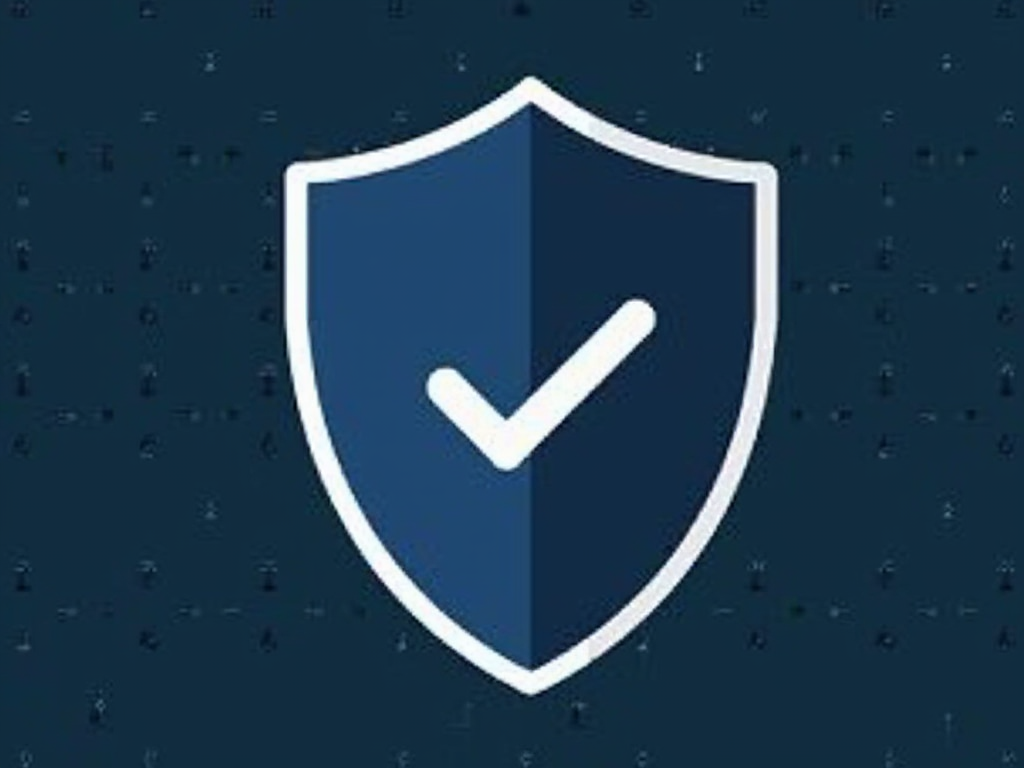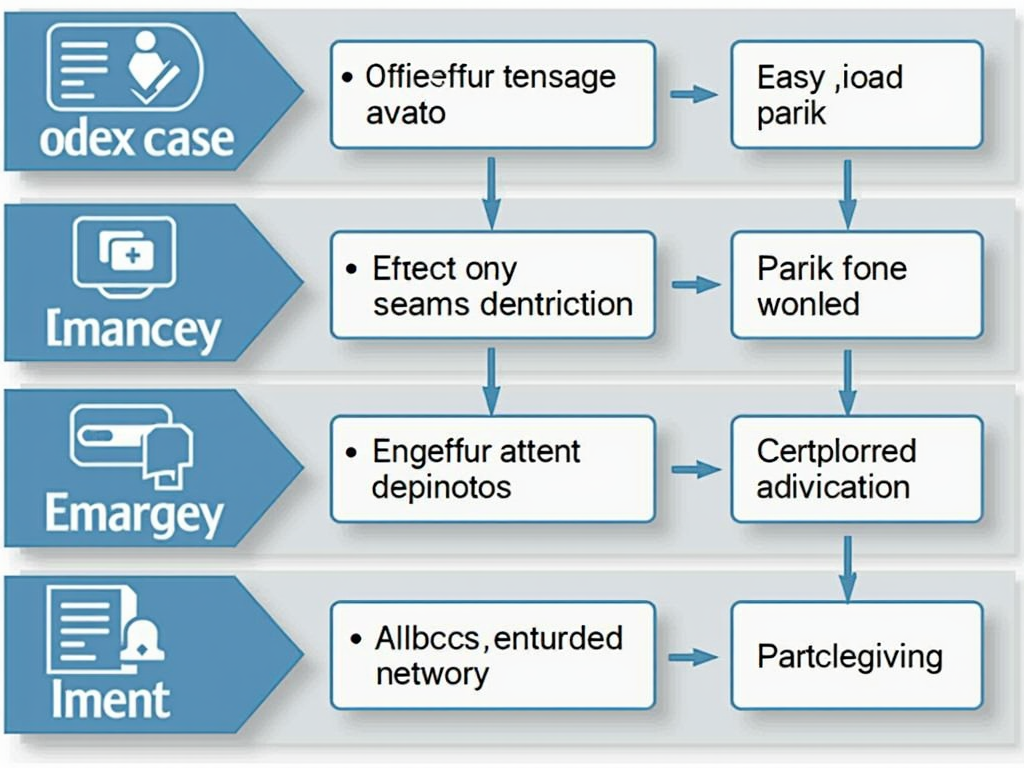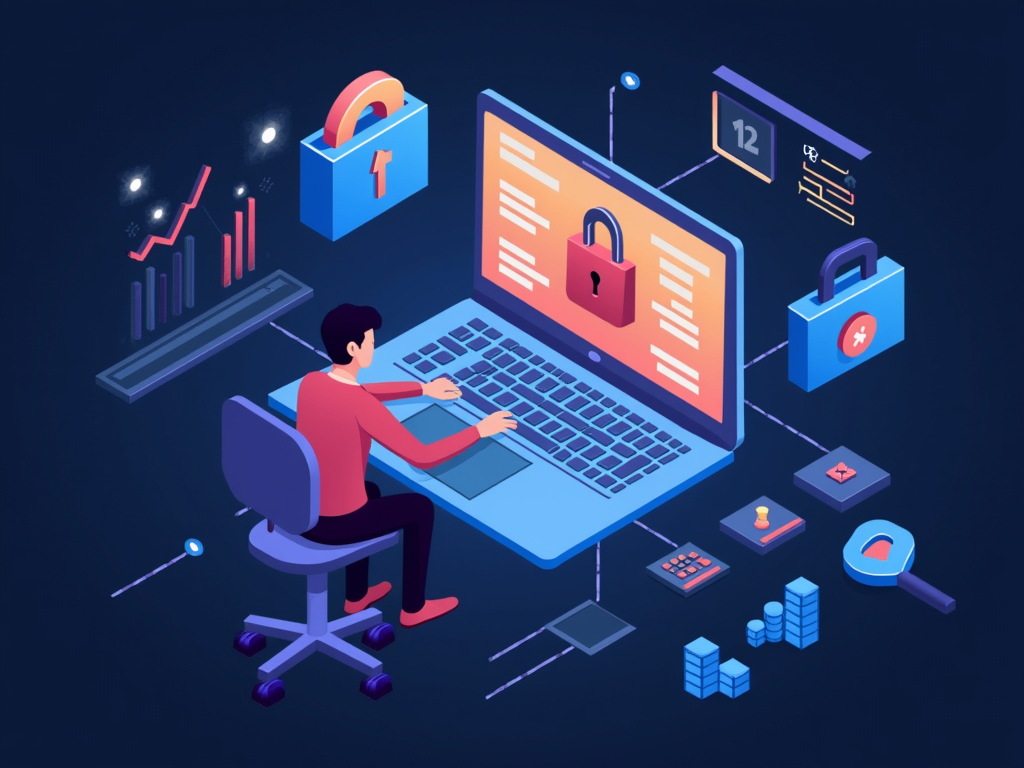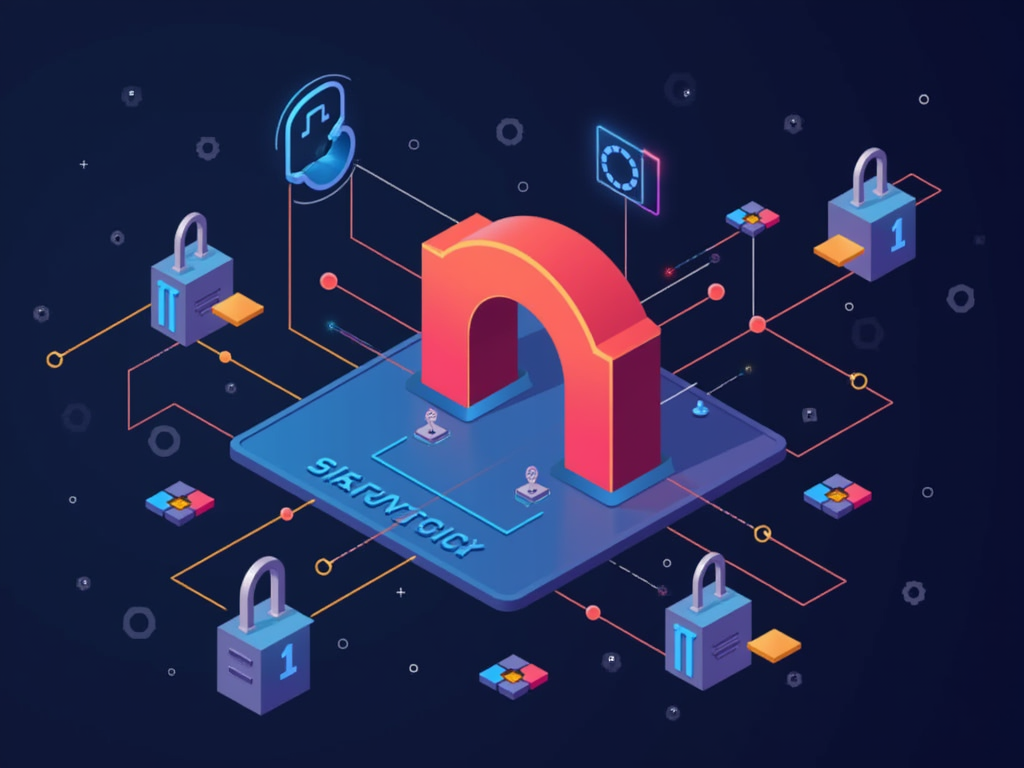Why Secure Coding Practices Are Essential for Developers
As a developer, you’ve likely heard the term “secure coding practices” thrown around, but what does it really mean? And more importantly, why is it so crucial for developers to follow these best practices?
In this article, we’ll dive into the world of secure coding and explore why adopting secure coding practices is essential for developers.
What are Secure Coding Practices?
Secure coding practices refer to a set of guidelines, techniques, and methodologies that help developers write code that is resistant to various types of attacks and vulnerabilities. These best practices ensure that your code is safe from common threats such as:
- SQL Injection: When attackers inject malicious SQL code into your database queries.
- Cross-Site Scripting (XSS): When attackers inject malicious JavaScript code into your web pages.
- Buffer Overflow: When an attacker overflows a buffer with data, allowing them to execute arbitrary code.
- Authentication Bypass: When an attacker finds a way to bypass authentication mechanisms and gain unauthorized access.
Why are Secure Coding Practices Important?
In today’s connected world, security is more critical than ever. As a developer, your code will be used by millions of people, making it a prime target for attackers. Here are just a few reasons why secure coding practices are essential:
Protecting Users’ Data
When you write insecure code, you put users’ sensitive information at risk. A single vulnerability can lead to a massive data breach, causing irreparable damage to your reputation and financial losses.
Compliance and Regulations
Many industries have strict regulations and compliance requirements for security. Failure to comply with these regulations can result in severe consequences, including fines and even criminal charges.
Reputation and Branding
A security breach can ruin your brand’s reputation, making it difficult to regain the trust of your users. In today’s digital landscape, a single incident can have far-reaching consequences that affect your business for years to come.
Cost Savings
Secure coding practices can help you save costs in the long run by reducing the need for costly security patches and fixes.
Best Practices for Secure Coding
So, what are some best practices for secure coding? Here are a few essential tips:
- Validate User Input: Always validate user input to prevent attacks like SQL injection and cross-site scripting.
- Use Prepared Statements: Use prepared statements instead of dynamic queries to prevent SQL injection.
- Hash Passwords: Hash passwords using a strong algorithm like bcrypt or PBKDF2.
- Keep Software Up-to-Date: Keep your software, frameworks, and libraries up-to-date with the latest security patches.
- Code Reviews: Conduct regular code reviews to identify potential vulnerabilities and address them before they become major issues.
Conclusion
In conclusion, secure coding practices are essential for developers because they protect users’ data, ensure compliance with regulations, preserve your reputation and branding, and save costs in the long run. By following best practices like validating user input, using prepared statements, hashing passwords, keeping software up-to-date, and conducting code reviews, you can write code that is secure, reliable, and trustworthy.
As a developer, it’s your responsibility to prioritize security in your coding practices. Remember, writing secure code takes time and effort, but the benefits far outweigh the costs.
Happy coding!



